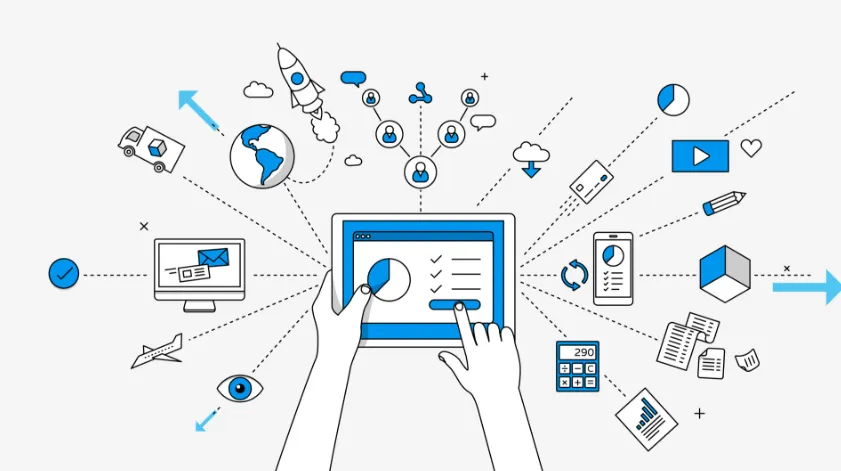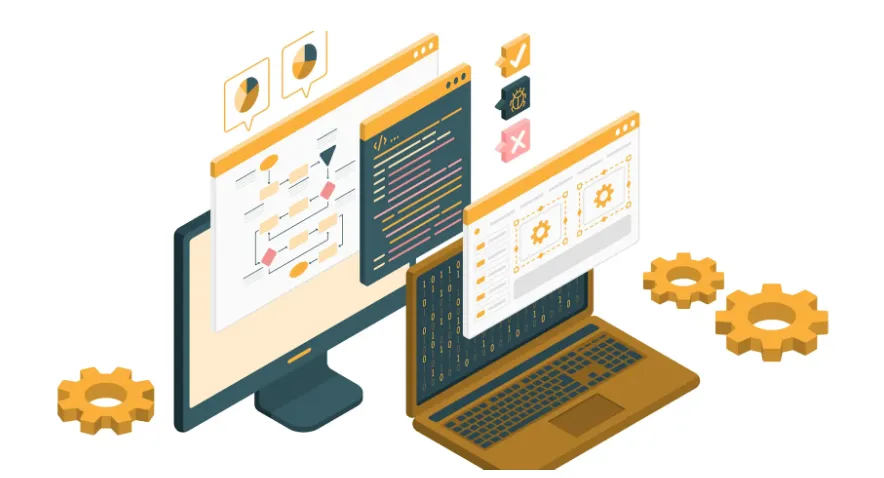As the global workforce evolves, remote jobs have become a defining feature of the modern employment landscape. The rise of digital technologies, combined with the flexibility and autonomy of remote work, has transformed how businesses operate and employees engage with their tasks. This article explores how remote jobs shape the next generation, influencing workplace dynamics, career development, and overall lifestyle.
Contents
The Rise of Remote Work
Remote work, once a niche concept, has now entered the mainstream. The COVID-19 pandemic acted as a catalyst, forcing companies worldwide to adopt remote work policies. Even as the immediate health crisis subsided, the benefits of remote work became evident:
- Increased Productivity: Studies have shown that remote workers often report higher productivity levels. Freed from the distractions of a traditional office environment, employees can focus better and manage their time more efficiently.
- Cost Savings: Both employers and employees save money through remote work. Companies reduce overhead costs associated with maintaining office spaces, while employees save on commuting, work attire, and meals.
- Access to a Global Talent Pool: Employers are no longer restricted to hiring within their geographical location. This access to a global talent pool allows companies to find the best fit for their roles, regardless of location.
Impact on Workplace Dynamics
Remote work is redefining traditional workplace dynamics in several ways:
- Flexible Working Hours: Remote jobs often come with flexible schedules, allowing employees to work at times that suit them best. This flexibility can lead to better work-life balance and increased job satisfaction.
- Enhanced Collaboration Tools: To facilitate remote work, companies have invested in advanced collaboration tools. Platforms like Zoom, Slack, and Microsoft Teams have become essential, enabling seamless communication and project management across different time zones.
- Performance-Based Assessment: With the shift to remote work, there is a greater emphasis on performance and results rather than time spent in the office. This merit-based approach encourages employees to deliver quality work without the pressure of constant supervision.
Career Development in a Remote Work Era
The next generation of workers is navigating a career landscape vastly different from that of their predecessors. Remote work offers unique opportunities and challenges for career development:
- Skills and Training: As remote work relies heavily on digital tools, there is an increased demand for tech-savvy employees. Online courses and certifications in digital literacy, cybersecurity, and remote project management are becoming valuable assets.
- Networking and Mentorship: Traditional in-person networking events and mentorship programs are evolving into virtual formats. Platforms like LinkedIn and industry-specific online communities play a crucial role in professional networking and mentorship.
- Career Mobility: Remote work allows for greater career mobility. Employees can change jobs or pursue new opportunities without the need to relocate, opening up a wider range of career paths and experiences.
Lifestyle Changes and Challenges
While remote work offers numerous benefits, it also brings certain challenges and lifestyle changes:
- Work-Life Balance: The blurring of boundaries between work and personal life can lead to burnout if not managed properly. Establishing a dedicated workspace and adhering to a structured routine can help maintain a healthy work-life balance.
- Social Isolation: Remote workers may experience feelings of isolation due to the lack of social interaction in a traditional office setting. Employers can mitigate this by promoting virtual social activities and encouraging regular check-ins.
- Health and Wellness: The sedentary nature of remote work can impact physical health. Encouraging regular exercise, promoting ergonomic workspaces, and providing mental health resources are essential for the well-being of remote employees.
The Future Outlook
The future of work is undoubtedly being shaped by the proliferation of remote jobs. As technology continues to advance, the potential for remote work to become even more integrated into our lives grows. Key trends to watch include:
- Hybrid Work Models: Many companies are adopting hybrid models that combine remote and in-office work, offering the best of both worlds. This approach caters to diverse employee preferences and operational needs.
- Remote-First Companies: Some organizations are embracing a remote-first approach, designing their operations and culture around remote work as the default mode. This trend is likely to continue, especially in tech and creative industries.
- Enhanced Virtual Reality (VR) and Augmented Reality (AR): VR and AR technologies hold promise for creating immersive remote work experiences. These innovations can simulate in-person interactions and enhance collaboration in virtual environments.
Conclusion
Remote jobs are reshaping the future of work, offering unprecedented flexibility and opportunities for both employers and employees. As the next generation enters the workforce, the ability to adapt to and thrive in remote work environments will be a crucial skill. By embracing the benefits and addressing the challenges of remote work, we can create a more dynamic, inclusive, and productive future of work.









